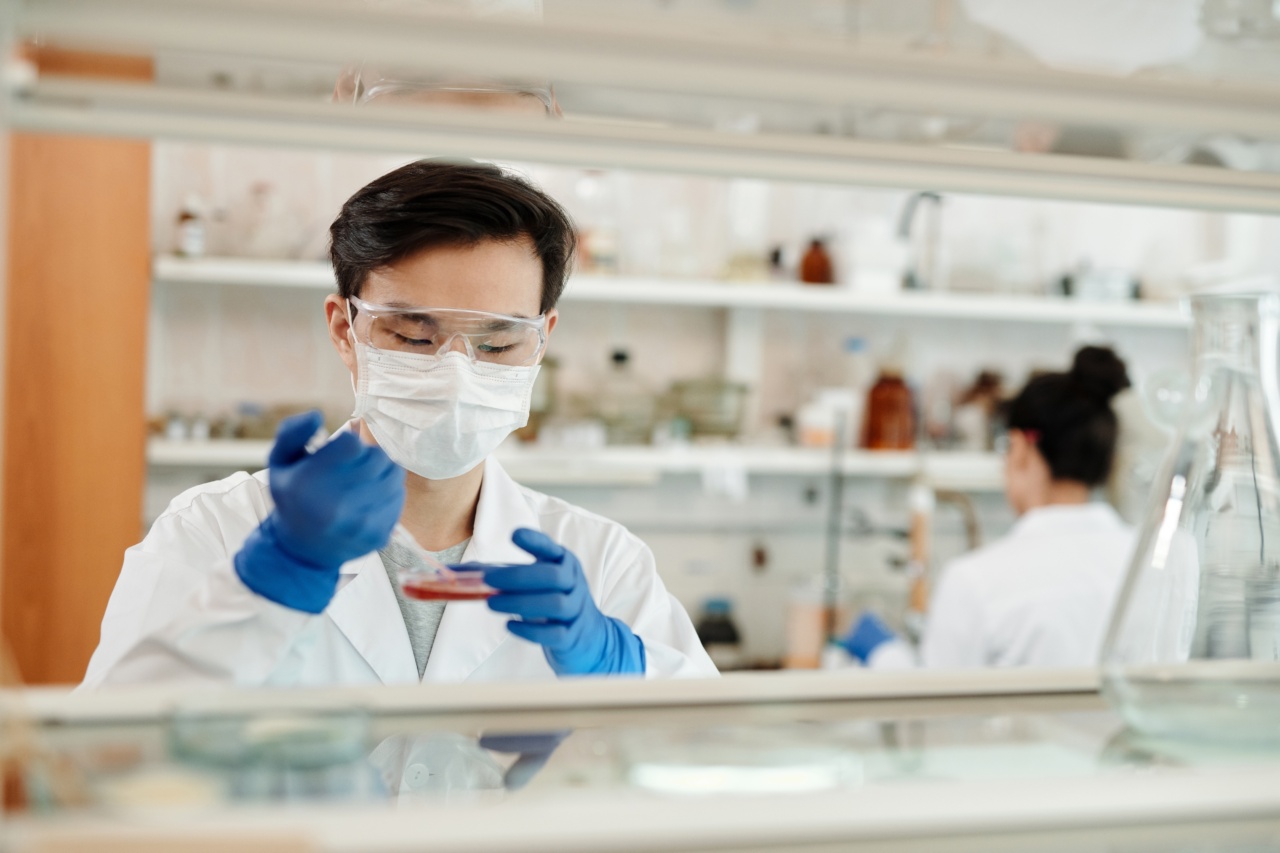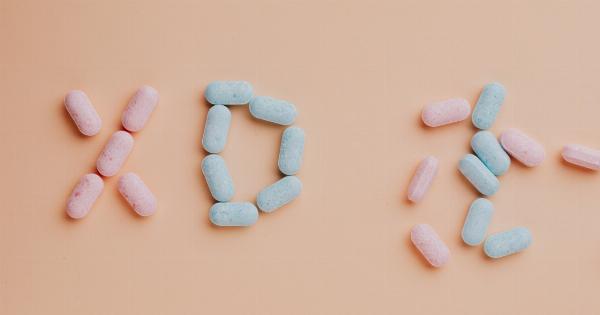The topic of men’s sexual urges is one that has been studied extensively by scientists and experts in the field of biology.
Understanding the biological aspects behind these urges can provide insight into the factors that influence male sexuality and behavior. In this article, we will explore the various components of men’s sexual urges, including the role of hormones, brain chemistry, and evolutionary biology.
Hormonal Influence
One of the primary factors that contributes to men’s sexual urges is the presence of hormones in the body. Testosterone, in particular, plays a critical role in male sexuality.
Produced primarily in the testes, this hormone is responsible for the development of male primary and secondary sexual characteristics.
Research has shown that testosterone levels are directly correlated with sexual desire in men. When testosterone levels are high, men tend to experience increased sexual arousal and motivation.
Conversely, low testosterone levels have been associated with a decrease in sexual interest and functioning.
Neurotransmitters and Brain Chemistry
Beyond hormones, men’s sexual urges are also influenced by the complex interplay of neurotransmitters and brain chemistry.
Dopamine, a neurotransmitter associated with pleasure and reward, plays a crucial role in the experience of sexual desire and arousal.
When men are sexually stimulated, dopamine is released in the brain, leading to feelings of pleasure and anticipation. This release of dopamine reinforces the behavior, creating a positive association with sexual activity.
In essence, the brain becomes wired to seek out and engage in sexual behavior as a means of obtaining pleasure.
Serotonin, another neurotransmitter, also plays a role in men’s sexual urges. Low levels of serotonin have been linked to an increase in impulsive and risk-taking behaviors, including sexual promiscuity.
Conversely, medications that increase serotonin levels, such as selective serotonin reuptake inhibitors (SSRIs), have been known to decrease sexual desire and drive in some individuals.
Evolutionary Biology
Evolutionary biology provides additional insights into the biology of men’s sexual urges. Throughout human history, men have been driven by the desire to reproduce and pass on their genetic material.
This innate drive is believed to be rooted in the evolutionary need to ensure the survival of one’s genes.
Men’s sexual urges, including the desire for multiple sexual partners, are thought to be a result of evolutionary strategies aimed at maximizing reproductive success.
These urges are derived from ancient reproductive strategies that promoted genetic diversity and increased the chances of offspring survival.
Furthermore, evolutionary biology also suggests that men may have a higher sexual desire than women on average due to differences in parental investment.
In many species, including humans, females bear the biological cost of reproduction and typically invest more time and resources into offspring. As a result, men have evolved to have a higher sexual motivation to increase the likelihood of passing on their genes.
Individual and Sociocultural Factors
While biology plays a significant role in men’s sexual urges, it is essential to recognize that individual and sociocultural factors also influence sexual behavior.
Personal experiences, upbringing, cultural norms, and social expectations can all shape and modulate men’s sexual desires and behaviors.
Factors such as personal values, religious beliefs, and societal attitudes towards sexuality can significantly impact an individual’s expression of their sexual urges.
For example, individuals who grew up in conservative environments may have more reserved attitudes towards sex, while those from more liberal backgrounds may have a more open and adventurous approach.
Moreover, psychological and emotional factors, such as stress, anxiety, and relationship satisfaction, can also affect men’s sexual urges. Mental health conditions and medication use can further impact one’s libido and sexual functioning.
Conclusion
Men’s sexual urges are influenced by a complex interplay of biological, neurological, psychological, and sociocultural factors.
Hormones, such as testosterone, play a significant role in driving sexual desire, while neurotransmitters like dopamine and serotonin affect pleasure and reward centers in the brain. Furthermore, evolutionary biology sheds light on the ancestral reproductive strategies that shape men’s sexual behavior.
However, it is important to recognize that each individual is unique, and personal experiences, upbringing, and societal factors can modulate men’s sexual urges.
Understanding the biology behind men’s sexual urges can help dispel myths and misconceptions, promoting a more holistic and inclusive understanding of male sexuality.































